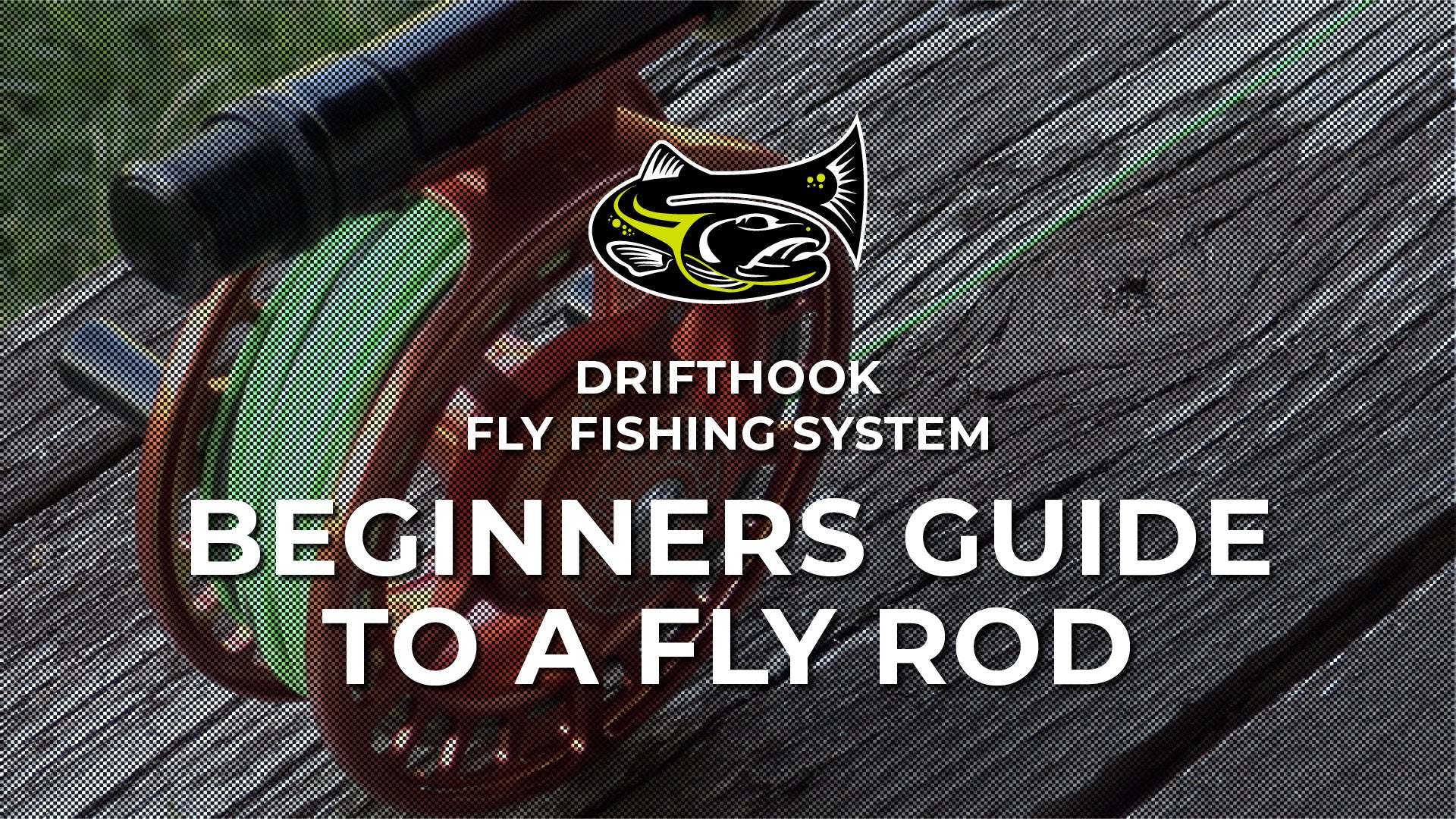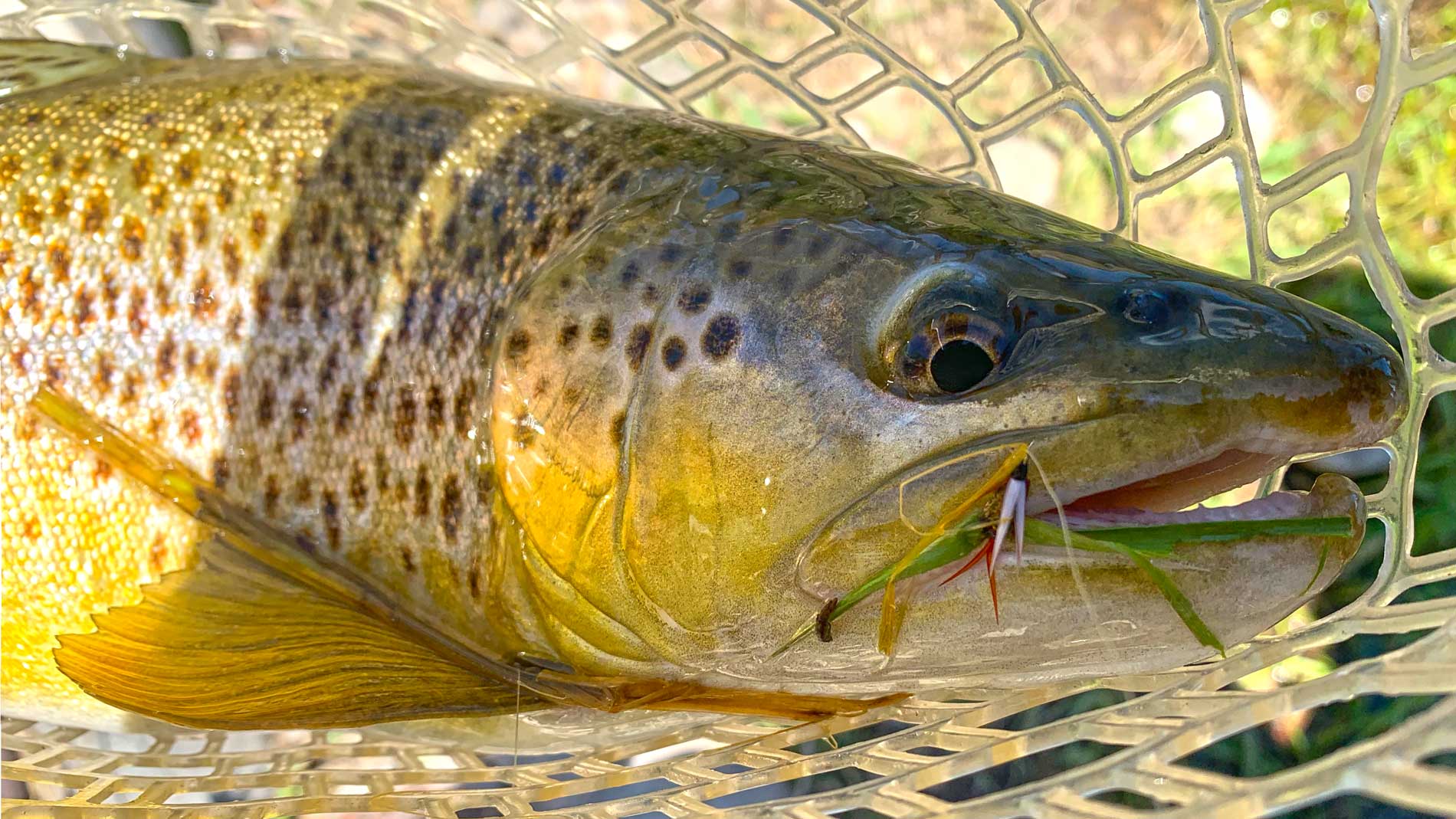When you think of fly fishing, you probably envision standing knee-deep in waders on the banks of a scenic, rolling river Out West. But did you know that you can fly fish in saltwater, from the calm waters of tropical beaches and saltwater estuaries along America’s coasts? Fly fishing is, at its core, just a method, requiring you to cast an artificial fly using lightweight equipment, which means the casting movement and equipment will differ greatly from traditional fishing. It also means it can be done anywhere there’s water and fish to catch, not just along the banks of a bass- or trout-stocked river.

The Overall Experience: How Saltwater Fly Fishing Differs
The overall experience of a saltwater fly fishing outing differs in many ways from that of a freshwater one. When you’re trolling for marine fish in the open ocean or along the beach, you can expect to wrestle with bigger, more powerful fish that will take you on intense 100-yard runs with plenty of twists and turns. Though wrestling tough guys is the norm out on the river, too, the longer distances in the open ocean can make for a totally different experience reeling things in.
If you associate saltwater fishing with a rocky charter on the high seas, you’ll be surprised to find that there are plenty of calmer waters to target with your flies. There are many different ways to saltwater fly fish, but the two main options you have are in-shore (river estuaries, bays and marshes, such as the South Carolina estuaries where cobia fishing is a big deal) and off-shore (fishing from a boat off the coast in the open ocean). If you like the quiet, calm solitude of traditional freshwater fly fishing, don’t be turned off by the idea of saltwater, as it too can be quite tranquil.
The other big difference with saltwater fishing of any kind is that you’ll get a lot more variety when you open yourself up to oceanic waters. As we’ll cover below, the primary difference between these two options is the size and power of the fish you’ll be reeling in, which will affect the equipment needed and will require you to learn a few new fly fishing techniques.

- Catch: When you cast your flies in rivers and lakes, you probably have a good idea of what’s beneath the surface, especially if you tend to target the regulars—trout, salmon or bass. When you head out into marine waters, you’re opening yourself up to all sorts of new opportunities to catch cobia, bonefish, redfish, tuna, dorado (mahi-mahi), tarpon, salmon, marlin, striped bass and more. This is one of the reasons why lifelong freshwater anglers often expand into saltwater territory after they’ve mastered the river, lake or pond.
-
Equipment: In saltwater environments, fish are allowed to grow much bigger and stronger than those limited to the pond or lake, so your equipment should be beefier and allow you to reel fish in with ease. Your regular fly fishing equipment may work, depending on the type of fish you’re looking to target.
- Rod: For smaller saltwater fish up to 10 pounds, such as striped bass, red fish and speckled trout, an 8-weight rod (about the same as you’d use to catch freshwater bass) is a good option. If you’re casting in heavier winds and targeting bigger fish between 10 and 50 pounds, like tarpon or barracuda, go up to at least a 10-weight rod.
- Reel: In the ocean, you will need a reel that can handle longer distances of backing (at least 150 to 200 yards) and it should have a strong drag capable of reeling in the heavier and more powerful ocean fish.
- Flies: Naturally, because fish that live in marine environments prey on marine species, you’ll want to use the appropriate flies to catch them. Popular saltwater fly options imitate meat, especially crabs and shrimp. They are also generally much bigger than freshwater flies, usually with hook sizes 6 and up.
- Line: Because you’ll be casting into deeper waters and often at a longer distance, select more visible, abrasive-resistant line when fishing in saltwater. Weight-forward taper lines and fast-sinking options tend to be the preferred option for saltwater fly anglers.
- Boat: One of the big differences between saltwater and freshwater fly fishing is that, with the former, you may need a boat. Off-shore anglers will require a more serious vessel, of course, whereas in-shore saltwater opportunity is ample via small trolling boats and even kayaks. Fishing from the surf is popular, too, especially when making the transition from the rugged freshwater river to the salty, open ocean.
- Striking: Make sure you know how to properly strike fish in saltwater. Usually, in these environments, you’ll want to use a more aggressive strike with multiple jabs in order to take on the strong fish that tend to take long runs. When stripping and striking in saltwater, keep your rod low and take long strikes so that you have more control over the fish. Mastering the strip strike method will really work to your advantage in saltwater fishing, and there are other fish-specific techniques to conquer when you’re targeting a certain marine species.

An Enjoyable Angling Adventure
Regardless of if you’re a seasoned saltwater vet or a fly fishing newbie, casting a line into any body of water will bring a big thrill. Though these two environments differ greatly in terms of the equipment needed, the methods used and the final reward, they both provide an enjoyable, exciting experience for anglers at any level. We highly recommend getting out there and trying your hand at fly fishing of any sort if you haven’t given this technique a try.



